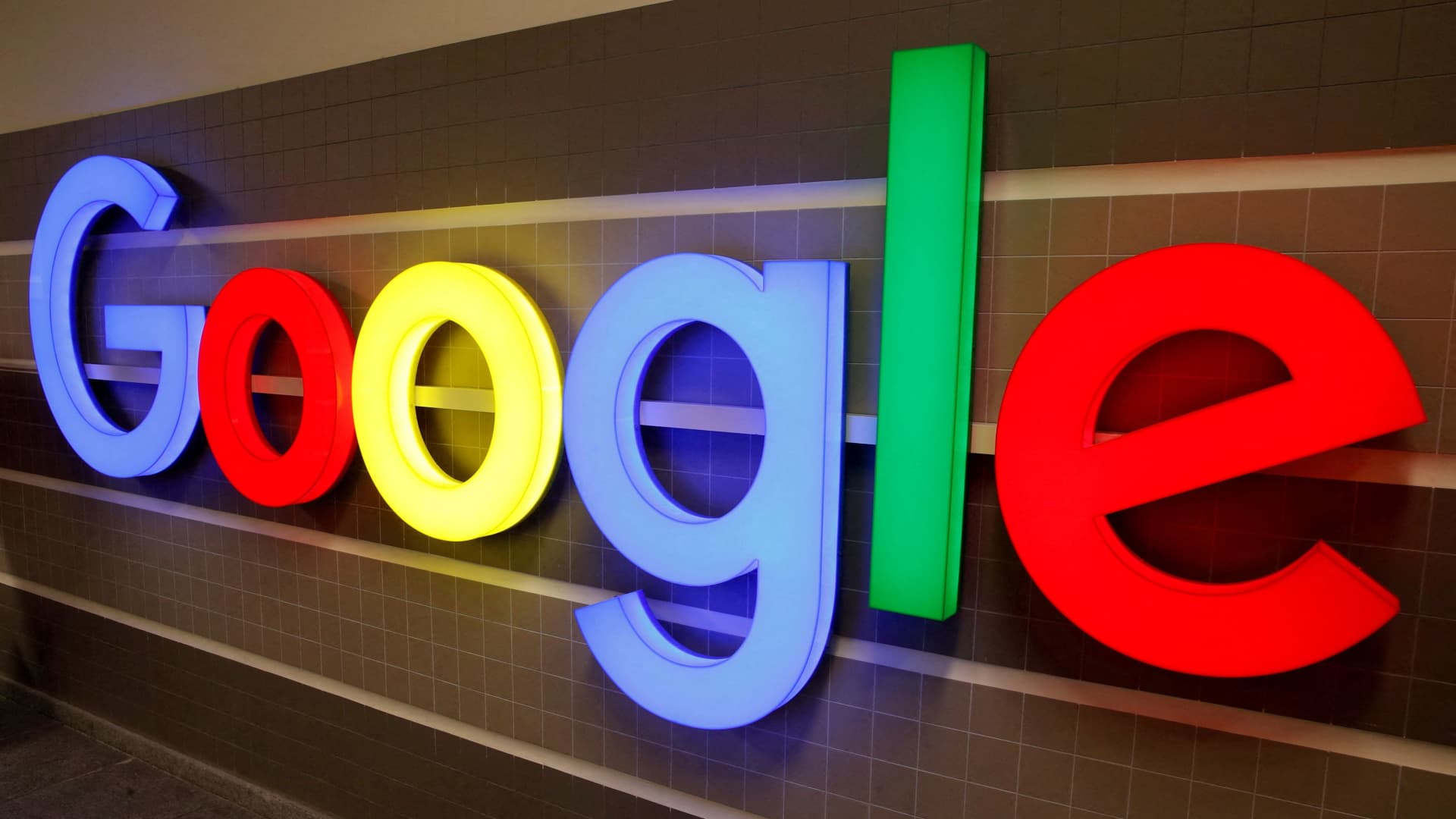An illuminated Google logo is visible inside an office building in Zurich, Switzerland. Arnd Wiegmann | Reuters
Google announced on Monday an investment of 36 billion Thai baht ($1 billion) into Thailand for the creation of a new data center and expansion of the country’s cloud infrastructure.
This initiative signifies Google’s intensification of its expansion in Asia, with a strategic focus on artificial intelligence amidst vigorous competition from companies like Microsoft and OpenAI.
The investment entails the establishment of Google’s first data center in Thailand, as disclosed in a post on its Thailand blog on Monday.
Data centers are essential to the modern digital economy, enabling the growth of cloud computing technology which provides storage, computing, and analytics services via the internet.
Google stated that the new Thai data center will be based in Chonburi, an eastern province of Thailand.
The facility is intended to “support the growing demand for Google Cloud and AI innovations, as well as popular Google services such as Google Search, Google Maps, and Google Workspace” in Thailand, according to Jackie Wang, Google’s Thailand country lead, in the blog post, translated into English via Google Translate.
In addition to infrastructure development, Google’s $1 billion investment in Thailand aims to “unlock new opportunities for businesses, educators, and all Thais,” Wang remarked in the blog post.
Wang further emphasized the importance of educating and upskilling Thais to use AI technology as it transforms industries.
Thailand’s digital economy is the second-largest in Southeast Asia and is projected to reach $50 billion by 2025, according to a 2023 report by Google, Temasek, and Bain & Company in e-Conomy SEA.
Google’s investment in the region, prioritizing AI, occurs amidst increasing competitive pressure from other tech giants in both AI and cloud computing domains.
The company presently commands a significant global presence through its search engine technology but is facing rising threats from the proliferation of generative AI tools like OpenAI’s ChatGPT.
While Google significantly contributed to early research on transformer models, forming the basis for many of the leading generative AI models, it currently contends with competitive pressures posed by generative AI technologies like ChatGPT and Perplexity, an AI-driven search engine.
Recently, Google filed an antitrust lawsuit with the European Commission, accusing Microsoft of leveraging its dominant position in the cloud industry to stifle competition.
